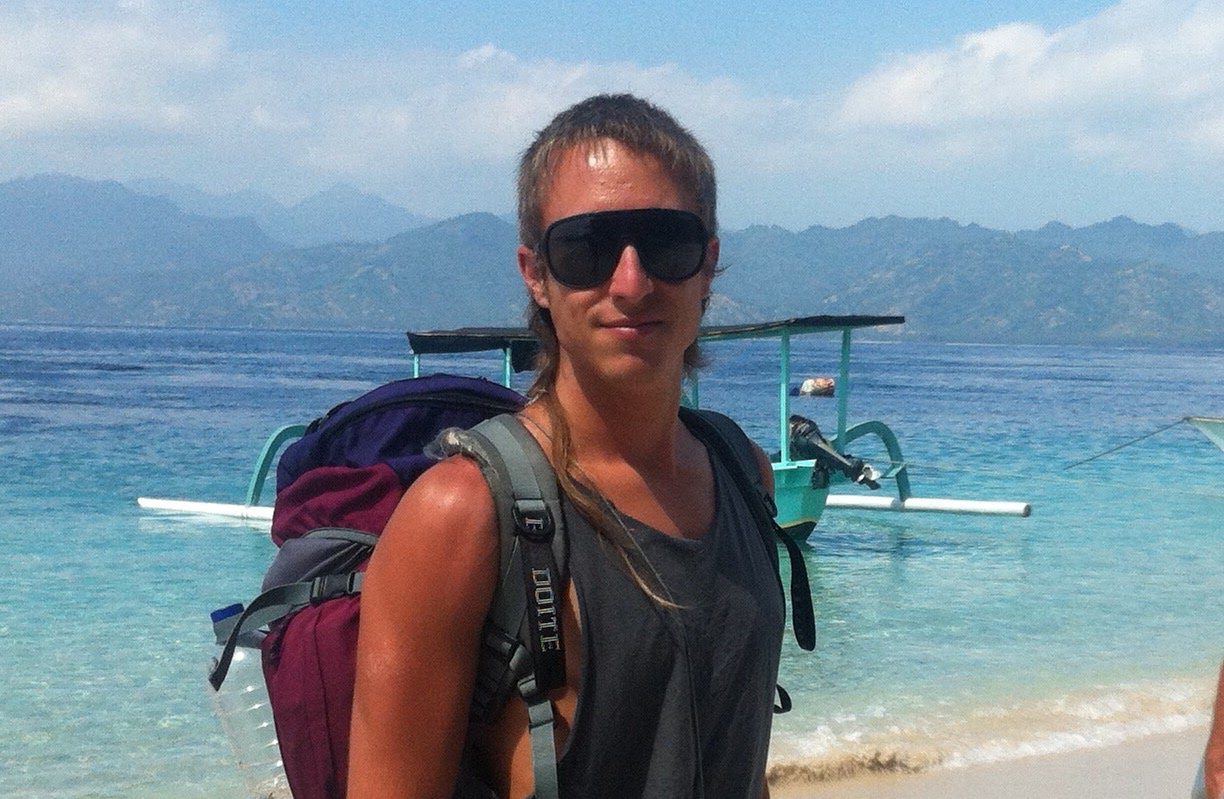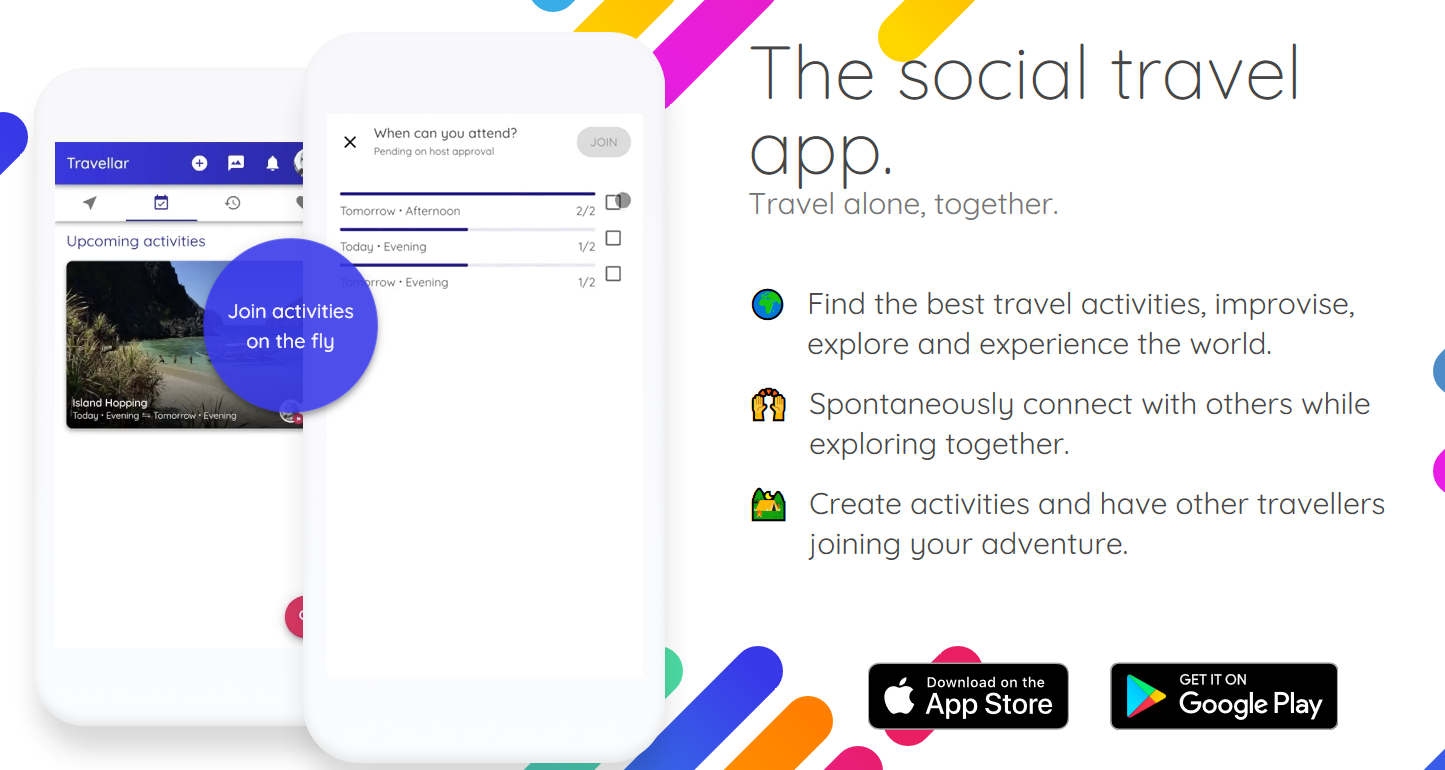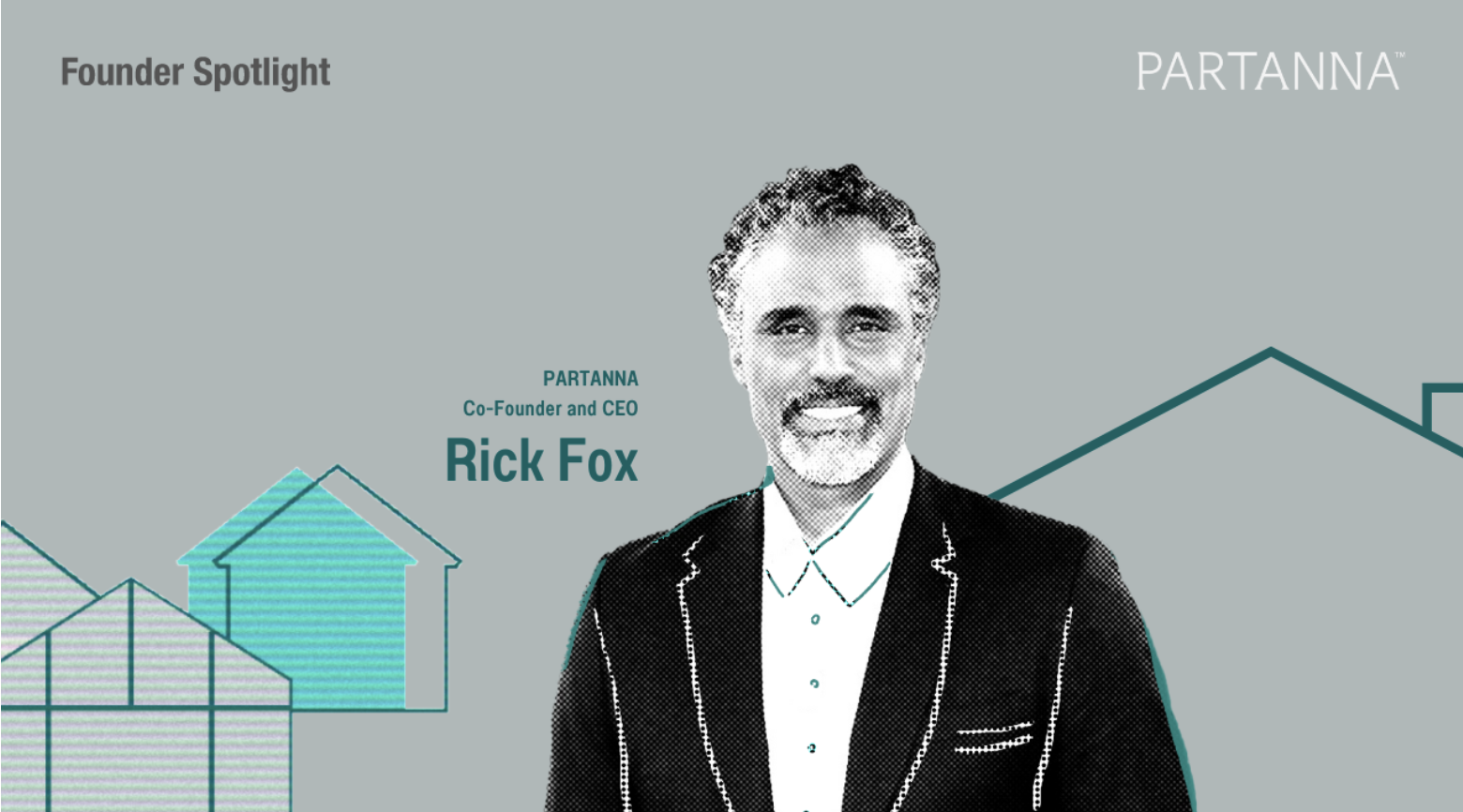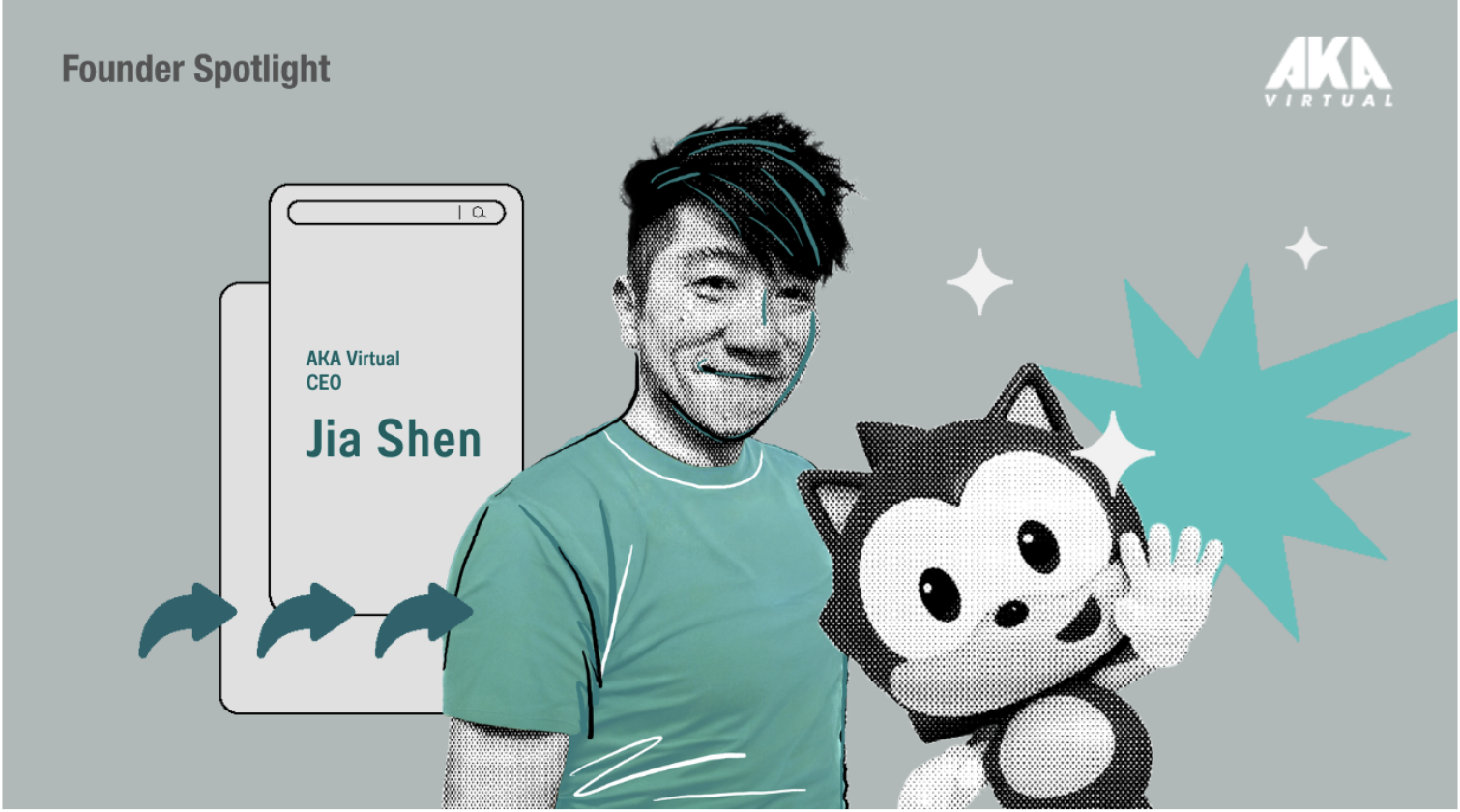AsiaTechDaily – Asia's Leading Tech and Startup Media Platform

Guillo Bresciano, Founder Of Social Travel App Travellar – Focusing On Spontaneity And Improvisation
Guillo Bresciano was born in Uruguay, but has been living in the UK for the last 5 years. He is passionate about travelling, enjoys playing guitar, practising martial arts and surfing. He is the founder of the social travel app, Travellar whose focus is on spontaneity and improvisation, rather than planning and long-term commitment.
In a exclusive interview with AsiaTechDaily, Guillo Bresciano says:
Marketing is great only when it’s effect is amplified by your product engagement. Otherwise, you’re burning money in a short term rush.
The earliest you launch, the easiest it will be for you to adjust your product to early learnings and feedback. This doesn’t mean that you should release something that doesn’t fulfill its primary purpose or that has a terrible user experience. It means that once your product can do what it’s intended for, and it does it in a user-friendly way, don’t incur in developing extra features, launch and learn.
Read on to know more about Guillo Bresciano and his journey.

Please tell me about your personal background, and what are you working on currently?
Guillo Bresciano: I was previously a product owner at asos.com, an online-only fashion retailer based in London. I designed and developed an internal mobile app to track sales performance and financial results. The success of this app gave me the confidence to go on my own and give it a try on the startup world.
What motivated you to get started with your company?
Guillo Bresciano: I’ve always loved traveling, especially with other people. Unfortunately, my friends and I do not always coincide with our availability to travel. On the other hand, I always thought that I would travel on my own a lot more often if it was easier to connect with other people that are in the same situation, and join forces. Maybe we could even help each other discover new hidden secrets of the place we’re exploring. If this was the case, I could book a flight to any destination I wish, whenever I’m available and improvise with whoever I meet when I arrive.
This is the vision we have for Travellar. We’re doing solo traveling easier by connecting like-minded people on the spot, through activities.
We’re not a travel buddy matching service, nor a trip planning tool. Our focus is on spontaneity and improvisation, rather than planning and long-term commitment. We believe that’s a better match for the new generation of travelers.
How have you attracted users and grown your company from the start?
Guillo Bresciano: We still haven’t focused any efforts on growth. We’ve just come out of a very early stage where the focus was on refining the product so that user experience is as smooth as possible, to be prepared for growth. All our user base is organic and our product hunt launch kicked everything off. Since then, we see a 10% user growth every month.
What’s your business model, and how have you grown your revenue? What strategy worked best?
Guillo Bresciano: We don’t have any revenue stream in place yet. The focus is on creating and growing an online community where travelers can connect in real-life activities while traveling. We have some plans for the future. These involve connecting travelers that are having an event with local people that can provide extra services for them.
How much money (funding) have you raised in total so far? When was the recent funding round? (Additionally, any plan for the future?)
Guillo Bresciano: We’re entirely bootstrapped and haven’t attempted to raise any funds. This will come after we formulate our growth strategy and require resources to implement it.
What are some marketing tips to help maximize the success of a product launch?
Guillo Bresciano: Have a right landing page that gives the user a quick overview of the product, so that he’ll be curious enough to try it. Prioritize visuals, such as screenshots, videos, and animations, over texts. Test your communication beforehand with people that have never seen or heard about your product.
What is a good product launch checklist?
Guillo Bresciano:
- Prepare a short but effective communication where you share the purpose of the product and its main features
- Create marketing assets, such as images and videos
- Have a way for users to subscribe before the launch so that you can let them know when you launch
- On the launch day, reach out and tell everyone about it
What’s the hardest thing about product launches?
Guillo Bresciano: To get the communication right. You need to be concise but compelling. This is a big challenge, primarily because it depends on your audience, so you need to make sure that you have a communication that works for the most significant part of your audience and not just for a few. This is where early feedback comes into place.
What are the most common mistakes founders make when they start a company? (or What should all first-time startup founders know before they start their business?)
Guillo Bresciano: I think the biggest problem is incurring unsustainable expenses. This could be significant development costs or marketing costs due to an over-reliance on this for user acquisition. For the first point, I would say that you need to either learn to code yourself or have a co-founder that can code. I’ll address the second one in the next question.
What do most startups get wrong about marketing?
Guillo Bresciano: I think the main thing people get wrong is that they rush to invest too early in their’s product’s refinement stage. You need to refine your product so that it attracts and engages users, before investing in marketing. Marketing is great only when it’s effect is amplified by your product engagement. Otherwise, you’re burning money in a short term rush.
What’s the best advice you’ve ever received? And What advice do you have for someone who is interested in doing similar things like yours or in a similar direction?
Guillo Bresciano: The best advice I heard is to launch early on and start learning how people perceive and use your product. The earliest you launch, the easiest it will be for you to adjust your product to early learnings and feedback. This doesn’t mean that you should release something that doesn’t fulfill its primary purpose or that has a terrible user experience. It means that once your product can do what it’s intended for, and it does it in a user-friendly way, don’t incur in developing extra features, launch and learn.
What are the one or two things that you would do differently if you could go back to 10 years ago?
Guillo Bresciano: I come from an industrial engineering background, and my early career was on the consumer goods industry in supply chain and sales roles. I always dreamt about having a tech startup.
I didn’t know how to code, so I was always waiting to find the right tech co-founder, so he could focus on the development and me on the product. What I would do differently would be to give it a try and start learning how to code earlier to have the ability to bring my ideas to life on my own. This is very important for an early-stage startup because it will enable you to try out many ideas and projects without significant risks.
You can follow Guillo Bresciano here.
Are you looking to secure investment for your startup or a keen startup enthusiast, keep an eye on our interview section.
Follow Asia Tech Daily to know about the innovative startups and how they are revolutionizing the ecosystem.





